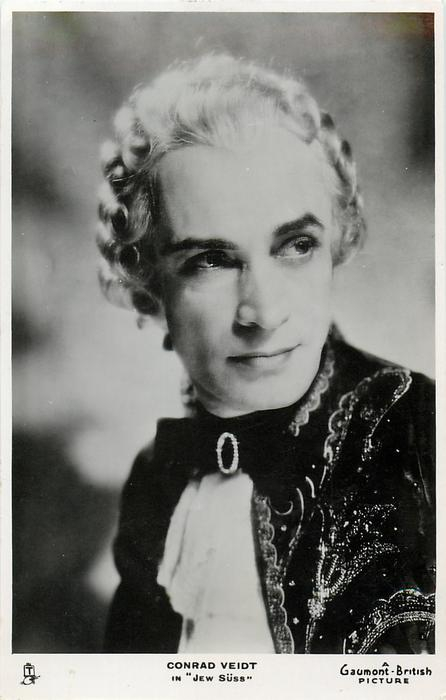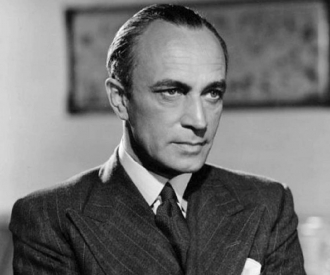Conrad Veidt
A photo of Conrad Veidt
Date & Place:
Not specified or unknown.


 Amanda S. Stevenson
Amanda S. Stevenson 

